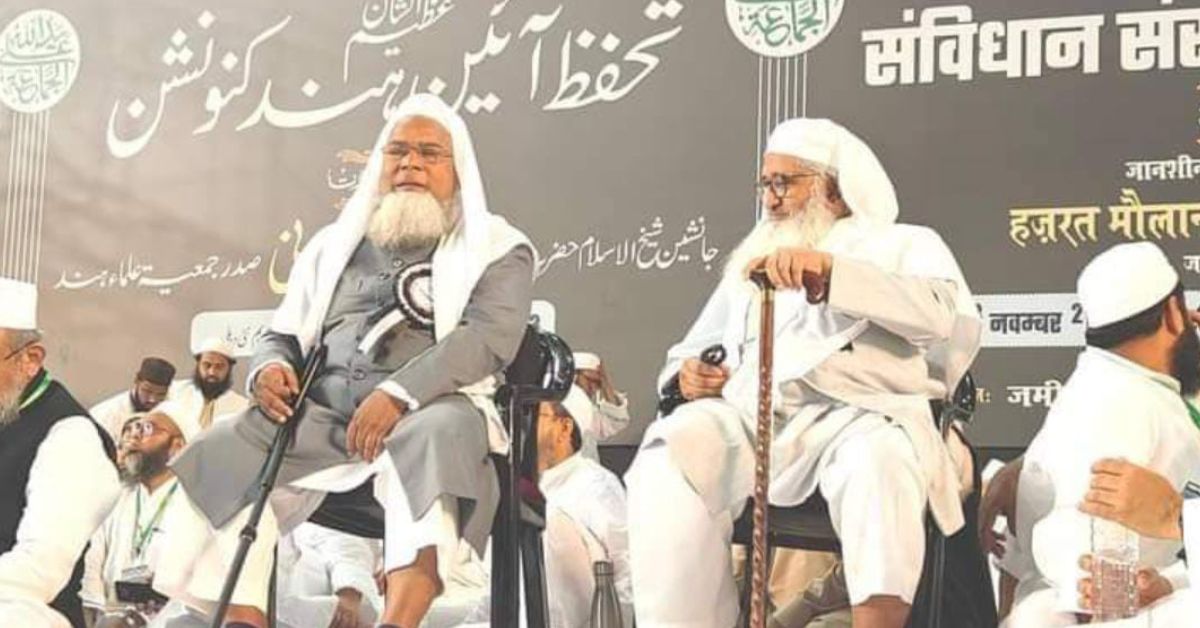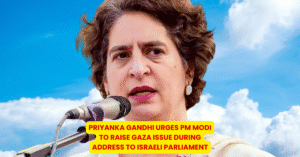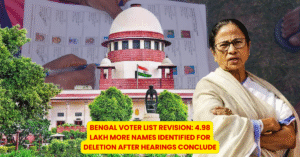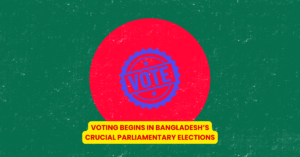New Delhi: The Jamiat Ulema-e-Hind (JUH), a prominent Muslim organization in India, urged political allies of the ruling party, especially TDP’s Chandrababu Naidu and JD(U)’s Nitish Kumar, to consider the deep concerns of the Muslim community regarding the proposed Waqf (Amendment) Bill 2024. During its Save Constitution Convention held at the Indira Gandhi Indoor Stadium, JUH President Maulana Arshad Madani emphasized that parties that identify as secular must stand against this legislation, which he called “dangerous” for the integrity of Waqf endowments.
Jamiat’s Demands: Safeguarding the Waqf Act of 2013
The Jamiat has urged the government to preserve the Waqf Act of 2013 without changes, asserting that it provides a robust legal framework for managing and protecting waqf properties. Any alterations to this act, the Jamiat argues, are not only unnecessary but could lead to interference in the autonomous management of these religious endowments.
The Jamiat resolution called for:
- Exclusively Muslim Representation on Waqf Boards: The resolution insists that any changes to waqf legislation should consult only with Muslim leaders and organizations, opposing the involvement of non-Muslims in Waqf management.
- Withdrawal of the Waqf Amendment Bill 2024: According to JUH, the proposed bill lacks merit and does not strengthen the protections provided by the current 2013 act.
Maulana Madani’s Warnings to Political Allies
At the convention, Maulana Madani highlighted the political significance of secular allies like the TDP and JD(U) for the central government. He urged these parties to heed the Muslim community’s concerns and distance themselves from endorsing the bill. Madani warned that should the amendment pass, allies who supported it would bear some responsibility for its consequences.
To underscore this message, he announced a plan to organize a major gathering in Naidu’s constituency, where thousands of Muslims would come together to express their apprehensions and demand the withdrawal of the bill.
Addressing Minority Rights and Religious Freedom
Madani lauded the commitment of opposition parties within the INDIA bloc, which has expressed intentions to protect the rights of minorities, including Muslims. He encouraged the Muslim community to support parties that safeguard religious freedoms. He further noted that many Muslims voted for these secular alliances as they pledged to respect and protect minority rights.
A Historical Role in Protecting Waqf Properties
The Jamiat’s resolution also emphasized its historic role in defending waqf properties and fighting for legislative protections since India’s independence. The group has consistently voiced opposition to undue government intervention in waqf endowments and has advocated for stringent laws to prevent the misuse of these properties.
Controversy Surrounding the Waqf Amendment Bill
Since its introduction in August, the Waqf (Amendment) Bill 2024 has drawn significant opposition, with critics arguing that it undermines religious protections. Sent to a Joint Parliamentary Committee, discussions on the bill have been contentious, with committee members divided on the involvement of non-Muslim representatives in discussions around waqf property rights.
With this convention, the Jamiat has reiterated its strong opposition to any amendment that might weaken the Waqf Act of 2013, and it remains committed to lobbying for waqf properties to be preserved strictly under Islamic governance principles.






